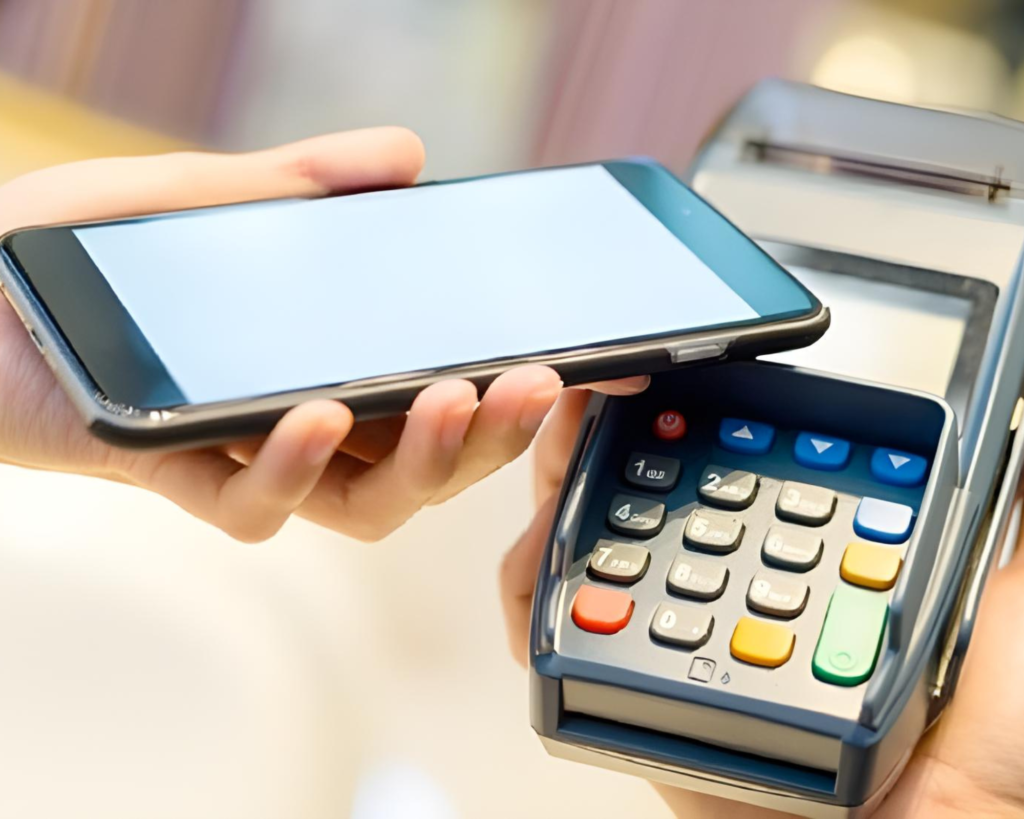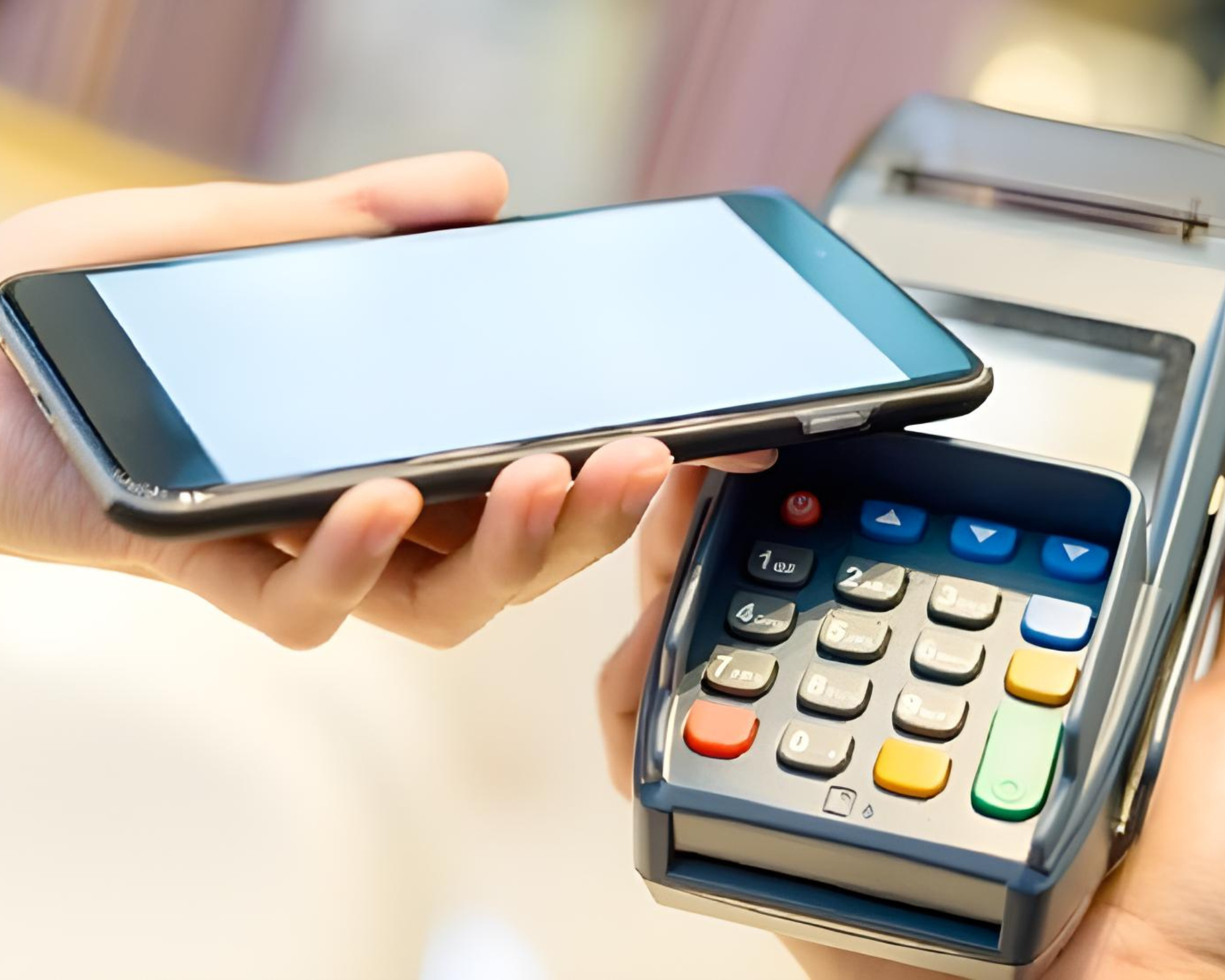Established by the 2025 Finance Bill, the Fee on electronic money issues (mobile money, bank cards, etc.) will no longer be levied at 5% on each transaction. Faced with the outcry caused by the announcement of this new tax, the authorities have decided to divide it by 10.

The announcement of the institution of the Fee on electronic money issues, but especially the amount of interest offered, 5% for each transaction, had provoked an outcry from the population. The first to lead the revolt, the Gabonese Association of Bank Users (AGUB) had called on its members in recent days to demonstrate their disapproval. “It is a tax that will thwart financial inclusion policies for the most vulnerable populations” , in addition to increasing the cost of living, Gildas Ndzengue Mbomba, president of the organization, had already defended.
The same associative structure believes it has known since yesterday, Tuesday, October 8, that this tax on electronic transactions supposed to take effect as soon as the 2025 Finance Act comes into force has finally been revised downwards. It would now be 0.5% for each transaction. Information confirmed by Jean Gaspard Ntoutoume Ayi via a comment on the AGUB Facebook post the same day. Faced with the outcry, the authorities have therefore decided to divide the cost of this new tax by 10.
The Fee on e-money issuance will be paid by individuals and companies that own a bank account or an Airtel/Moov Money account. It will therefore be collected when depositing, withdrawing, sending and receiving money.






